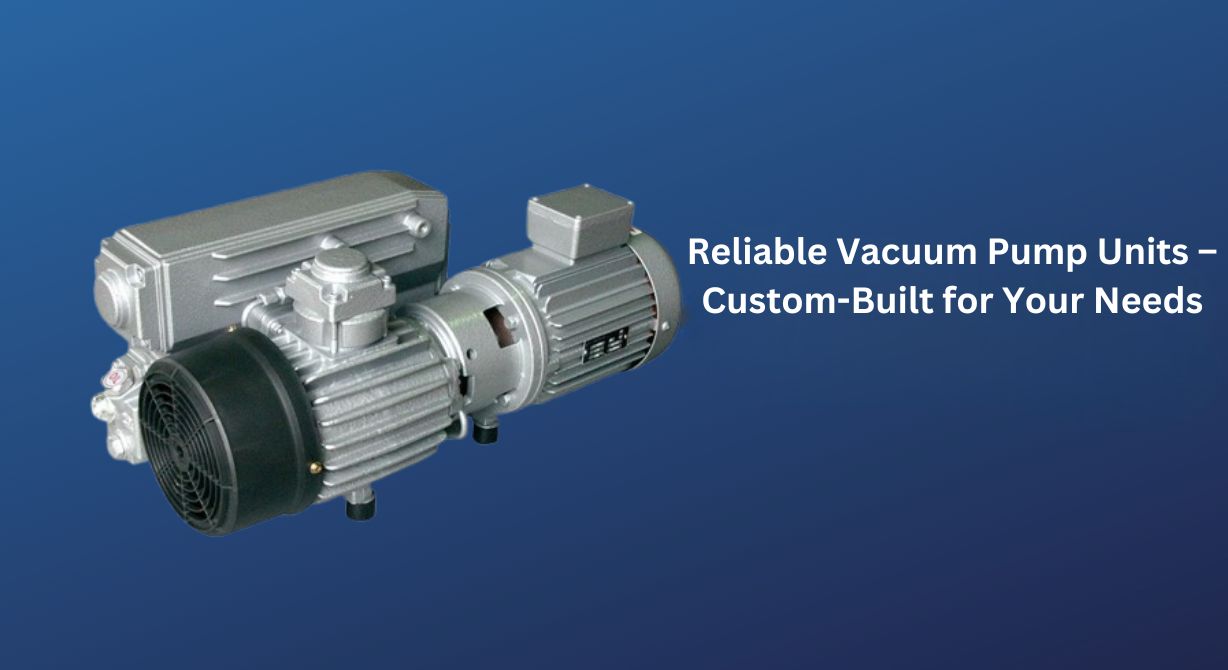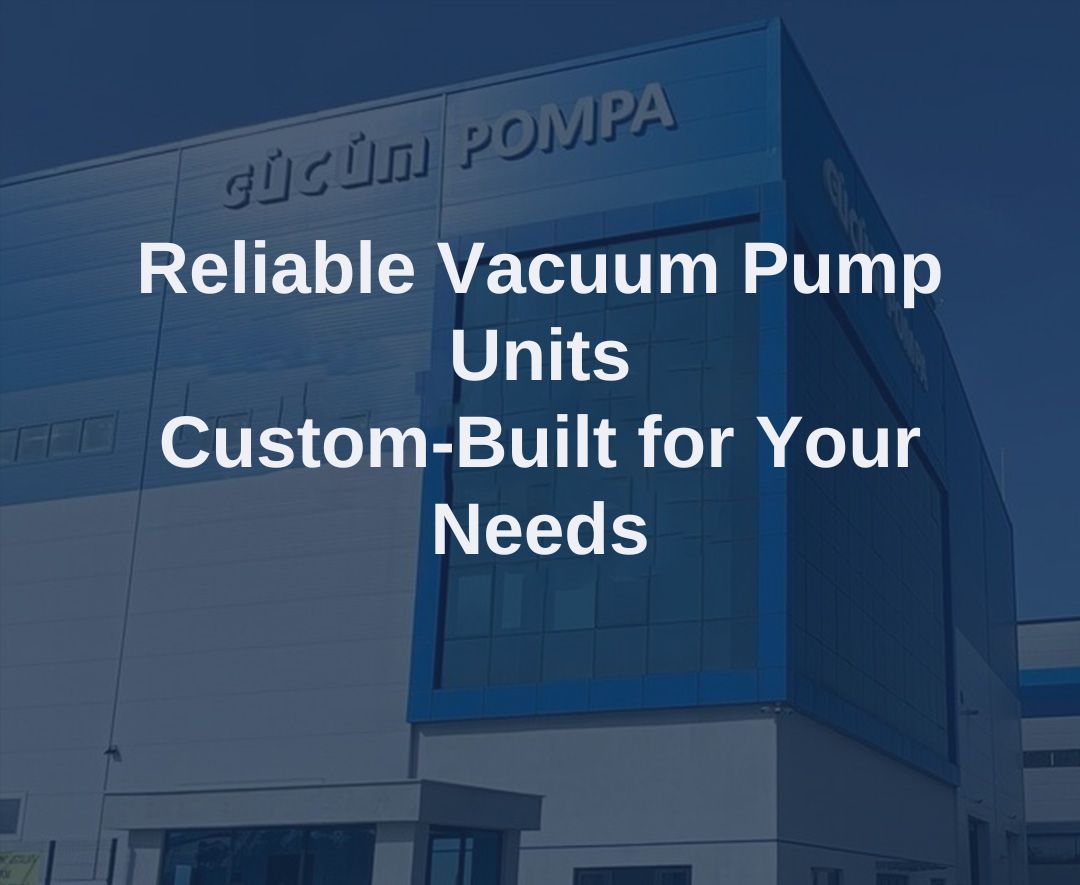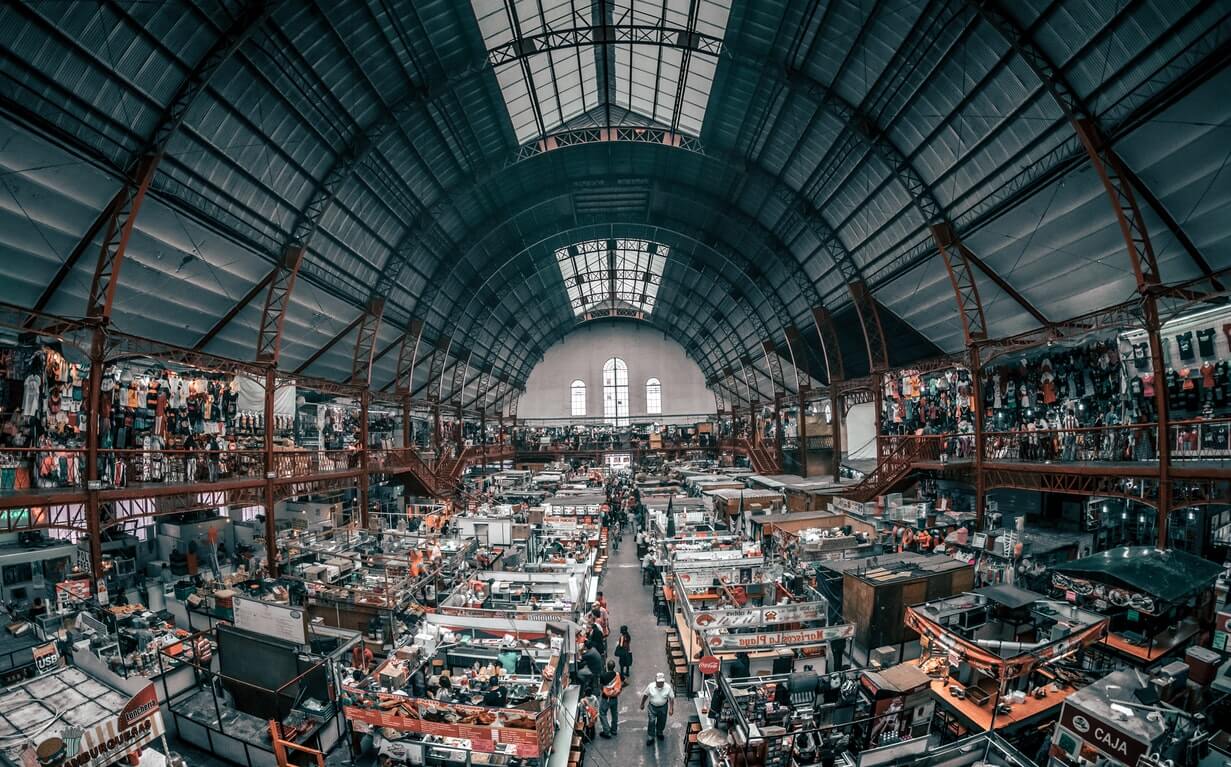Reliable Vacuum Pump Units – Custom-Built for Your Needs
Table of Contents
- How Are Reliable Vacuum Pump Units Designed?
- How to Choose the Vacuum Pump Unit Best Suited to Your Needs?
- Why Is Reliability Critical in Vacuum Pump Units?
- Common Problems and Solutions in Vacuum Pump Unit Selection
- Next-Generation Reliability Technologies in Vacuum Pump Units
- Important Features for Reliable Vacuum Pump Units
How Are Reliable Vacuum Pump Units Designed?
The design of reliable vacuum pump units is crucial both for performance and longevity. The first step in the design process is to clearly define the operational requirements of the project. At this stage, the pressure range the pump will operate within, flow rate, and operating conditions must be analyzed in detail.
Next, appropriate material selection becomes critical. The materials used determine the chemical and mechanical durability of the pump. For example, high-quality materials like stainless steel are ideal for harsh industrial environments. Additionally, sealing elements and gasket systems must be carefully selected and properly placed in the design.
Another important aspect of the design is energy efficiency and ease of maintenance. Preferring modular structures facilitates both assembly and maintenance processes. Moreover, vacuum pump units equipped with automation systems and sensor technologies speed up performance monitoring and fault detection.
During the design phase, simulation tools should be used to analyze the pump's behavior under various operating conditions in advance. This enables early detection and correction of potential design errors, increasing reliability.
How to Choose the Vacuum Pump Unit Best Suited to Your Needs?
Vacuum pump unit selection is a critical step for the efficiency and sustainability of your project. First, the appropriate pump type must be determined. Various options such as rotary vane, diaphragm, or dry-type vacuum pumps exist for different applications. Each type offers different operating principles and advantages.
During the selection process, the vacuum level and capacity must be correctly analyzed. The pressure range and flow rate required by the project directly affect pump performance. Also, the chemical and physical conditions of the operating environment must be considered in material selection.
Energy consumption and maintenance requirements are also among the selection criteria. Pumps that consume less energy and are easier to maintain offer cost advantages in the long run. Additionally, modular designs provide quick adaptation opportunities to future changes in needs.
Supplier reliability and technical support services should also be considered. Good customer service and spare parts availability are indispensable for uninterrupted production.
Why Is Reliability Critical in Vacuum Pump Units?
Reliability in vacuum pump units is a vital factor for uninterrupted and efficient operation of industrial processes. An unreliable vacuum pump can cause production line failures, unexpected downtimes, and consequently high costs. Therefore, reliable design and high-quality materials are priorities.
Additionally, reliability reduces maintenance frequency, lowering operating costs. Long-lasting vacuum pump units minimize downtime and thus maximize production capacity. This also increases customer satisfaction and competitive advantage.
In industrial applications, reliable vacuum pump systems play a critical role in occupational safety. Sudden pressure drops or pump failures can cause equipment damage and pose safety risks to workers. Hence, reliability standards must be strictly followed.
Thanks to reliability, the performance of vacuum pump units is consistently kept at an optimal level. This facilitates achieving energy efficiency and environmental sustainability goals. Reliability is not just a technical necessity but also a strategic investment for businesses.

Common Problems and Solutions in Vacuum Pump Unit Selection
One of the most common problems encountered in vacuum pump unit selection is improper analysis of needs. Failure to clearly define project requirements leads to the wrong pump type and capacity selection, resulting in performance losses and unnecessary cost increases.
Another frequent issue is material incompatibility and ignoring operating conditions. Especially chemical effects and abrasive environments significantly reduce pump life if appropriate material selection is not made. The solution is to conduct detailed environmental analysis and determine material specifications accordingly.
Ignoring criteria such as ease of maintenance and energy efficiency during selection is also a common problem. At this point, choosing modular designs and energy-saving models can minimize costs in the long term.
Supplier selection and insufficient technical support are factors negatively affecting project success. Working with reliable suppliers and receiving comprehensive support significantly reduces problems in vacuum pump unit selection.
Next-Generation Reliability Technologies in Vacuum Pump Units
Next-generation reliability technologies in vacuum pump units are gaining increasing importance to ensure continuity of industrial processes and reduce maintenance costs. Smart sensors and IoT-based monitoring systems track pump performance in real-time, preventing potential failures.
Furthermore, AI-supported analyses optimize maintenance intervals, reducing unnecessary downtime. These technologies extend the life of vacuum pump units while increasing operational efficiency. Developments in energy efficiency and performance monitoring are creating a major transformation in the sector.
In new generation designs, modular structures and easy maintenance features are prioritized. Thus, vacuum pump units offer rapid repair options and minimize operational costs. Also, advances in material technologies improve durability and stabilize pump performance.
Advanced automation systems reduce human errors on production lines and increase reliability. All these innovations enable achieving sustainability and high-performance goals in industrial vacuum pump projects.
Important Features for Reliable Vacuum Pump Units
Reliable vacuum pump units must have various important features to ensure long life and high performance in industrial applications. First, material quality plays a major role. Durable and corrosion-resistant materials guarantee trouble-free operation even under harsh conditions.
Secondly, design precision is one of the foundations of reliability. Well-designed sealing systems and gasket technologies minimize vacuum losses and increase efficiency. Also, vibration control and noise reduction features both extend equipment life and improve the working environment.
Thirdly, energy efficiency and ease of maintenance are critical. Energy-saving models reduce operating costs, while easy maintenance options shorten downtime. Modular structures speed up maintenance processes, enhancing operational efficiency.
Advanced automation and monitoring systems allow real-time tracking of vacuum pump unit status. This technology provides early fault detection and rapid intervention, maximizing reliability.
Made in Turkey


